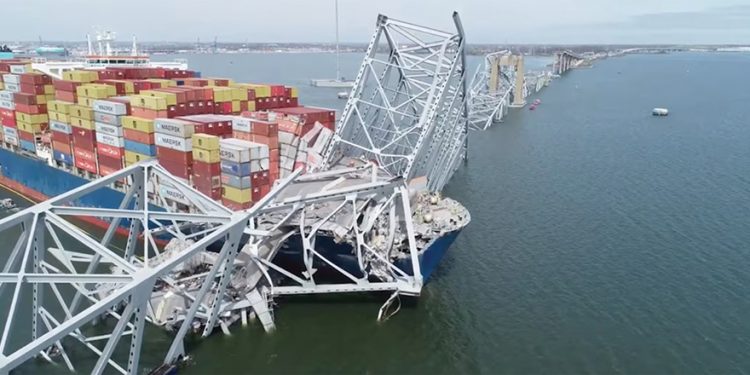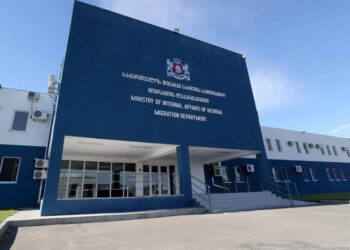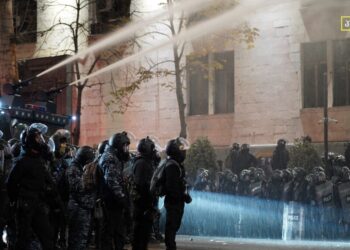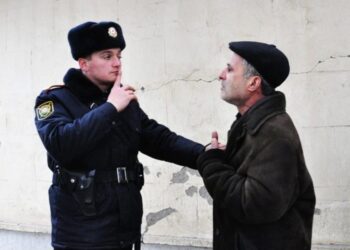In my lifetime, I have travelled back and forth over the legendary Francis Scott Key Bridge in Baltimore a couple of hundred times, always looking through the windshield of my car up at the elegant design of the unique construction and down on the murky serene waters of the Patapsco River that flows into the Chesapeake Bay. I always gave due tribute to the creators of one of the world’s most famous facilities ever built over water by human hand. The beautiful and terribly helpful bridge was there before, yet now there remains just an ugly vestige of it, sticking weirdly out of water which seemingly deplores the loss of its erstwhile gorgeous guardian. The bereft river no longer looks as fascinating as it did when the Key Bridge was there, filling the scenery with widely recognizable elegance and shining magnificence. Something very big and significant has gone under water in America, in the twinkle of an eye; something awfully American has been buried into heartbreaking oblivion right out of the blue. And the extent of the damage is absolutely commeasurable with the size of the structure.
All the resulting fuss and investigative efforts seem awfully miserable against the backdrop of the hurt human imagination and broken hearts. As an old Baltimorean from the famously quaint Fells Point, I want my Bridge back, but alas, the remaining span of my life will never see that happen. While it may be nothing more than another tragedy in our endangered world, it truly hurts. The recent Crocus Center massacre in Russia is no less a human calamity, taking so many innocent lives. It seems like those two absolutely different and far removed from each other tragedies distantly echo and reverberate in unison somewhere in the cosmic space, where we all belong, and where our Zodiacal lineups and combinations reign not always in our human favor. I wonder if Russians and Americans are at this moment of simultaneous tragic instant thinking that all of us, just all of us, are equally vulnerable in this God-governed world of ours, leaving us no idea where the next disasters will come, or why. I am not hinting at anything mysterious here. I am just saying that catastrophes are both manmade and could have been eschewed if the humans, so peevishly and brainlessly tinkering with our mother-earth, thought better.
It is probably not only world peace and international trade, political interaction and economic exchange, diplomatic endeavors and technological achievements that unite us, but tragedies too – former, current and future disasters that need to be handled, and handled they could be if those hands were joined in one tight human grasp. The world is not safe and never will be from Crocuses and Key-Bridges – today, in Russia and America, tomorrow, anywhere else around the globe.
Interaction between nations is often similar to interpersonal relations: When my failure feels like your own, coexistence becomes easier and cooperation more fruitful. When my fiasco means so little to you that you don’t even want to commiserate, at least verbally, the world around both of us becomes scary and ominous. Understandably, the choice is not always ours, and we often depend on circumstances, but then, why are we called Homosapiens? Shouldn’t we be capable of turning the circumstances that are aggravating relationships into ones that attenuate cohabitation?
If, presumably, the Key-Bridge collapse delights Russia and the Crocus tragedy pleases America, we should be ready for worse catastrophes. Intolerance, cruelty, bigotry and grudge will never pay. Stable peace and happy coexistence might only be a project of a civilized mindset, not of the primeval instinctual outlook, oriented on external physical strength and a subconscious sense of violence. Being cognizant of this wouldn’t take rocket science to master, or a wiseman to rack his brain about. To know this, elementary reason is enough Certainly, if we could avail ourselves of that elementary reason.
Op-Ed by Nugzar B. Ruhadze














